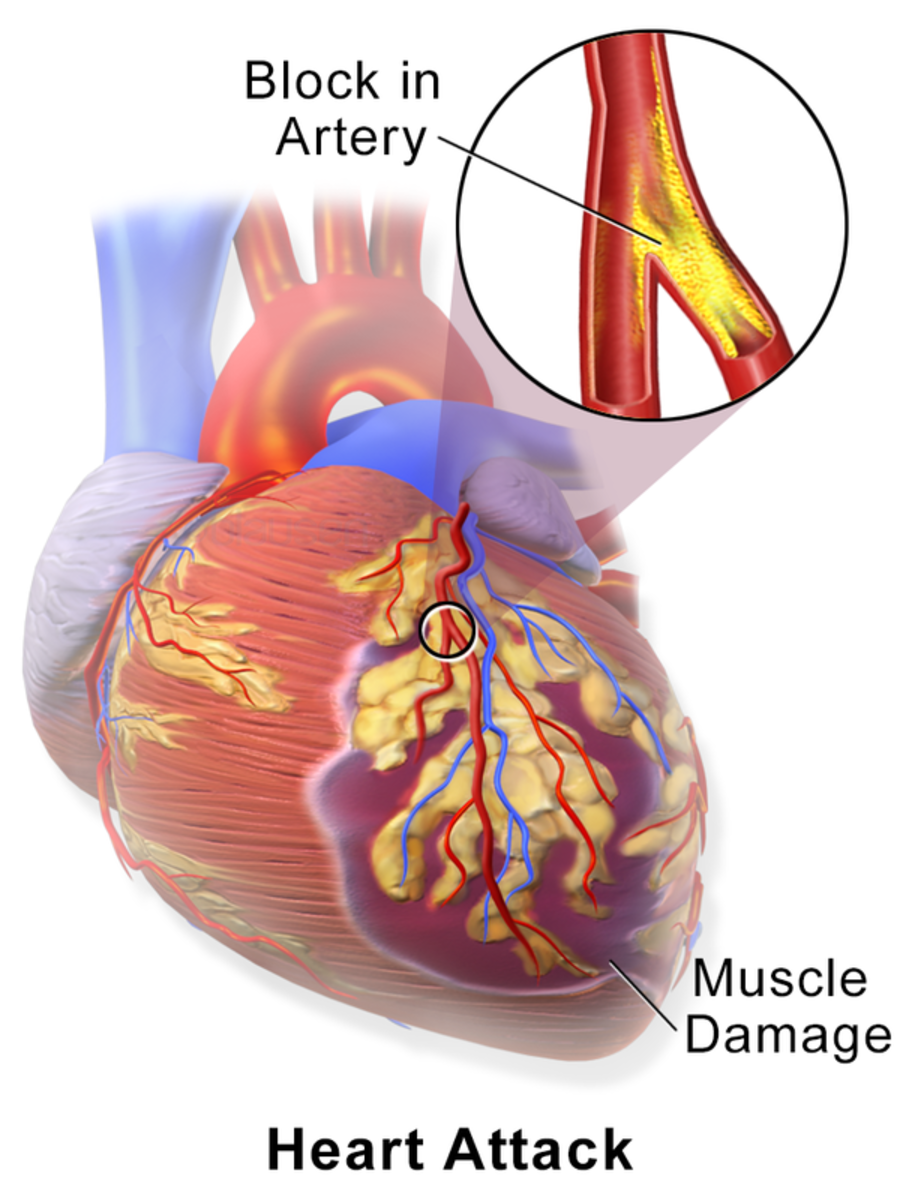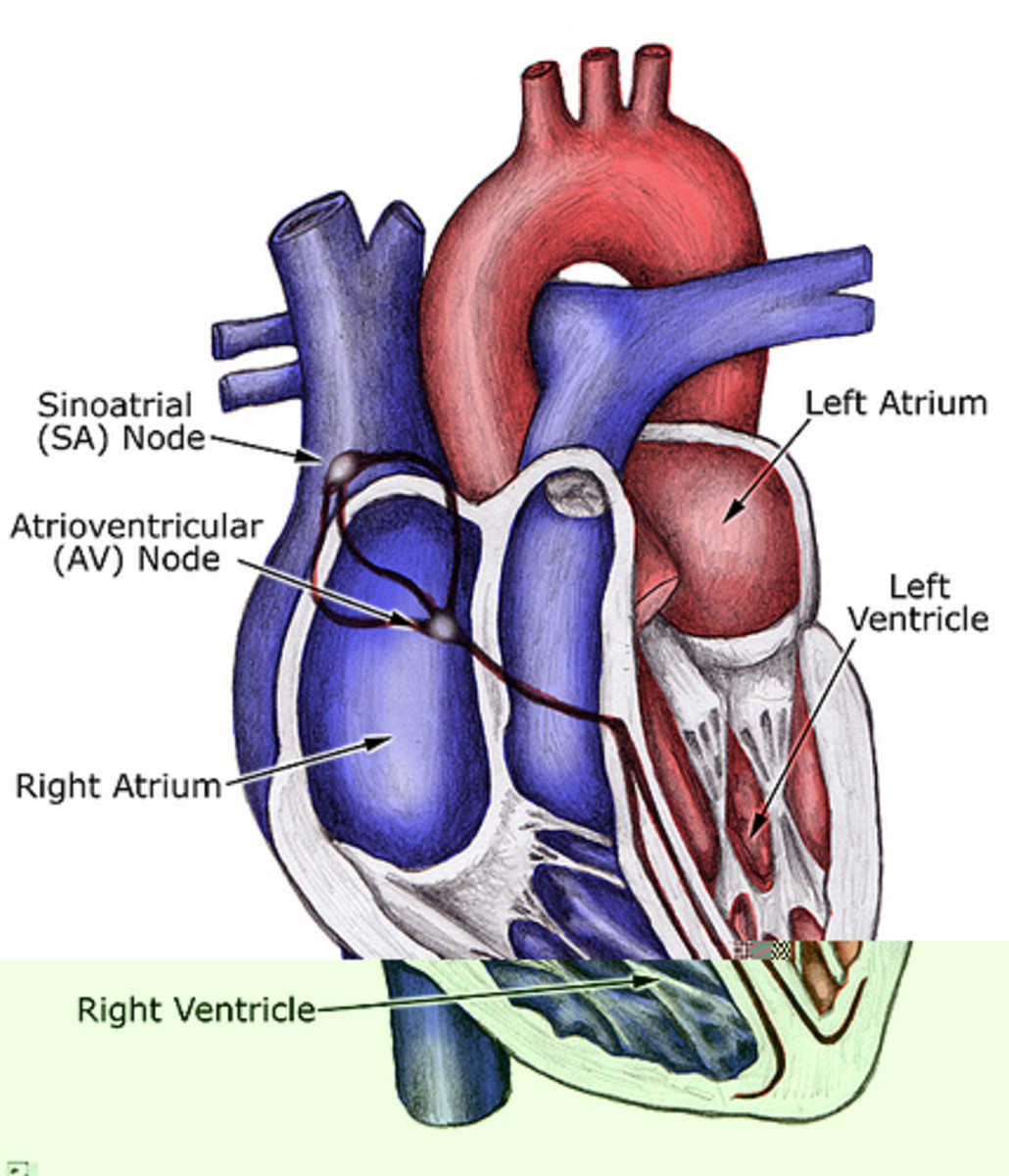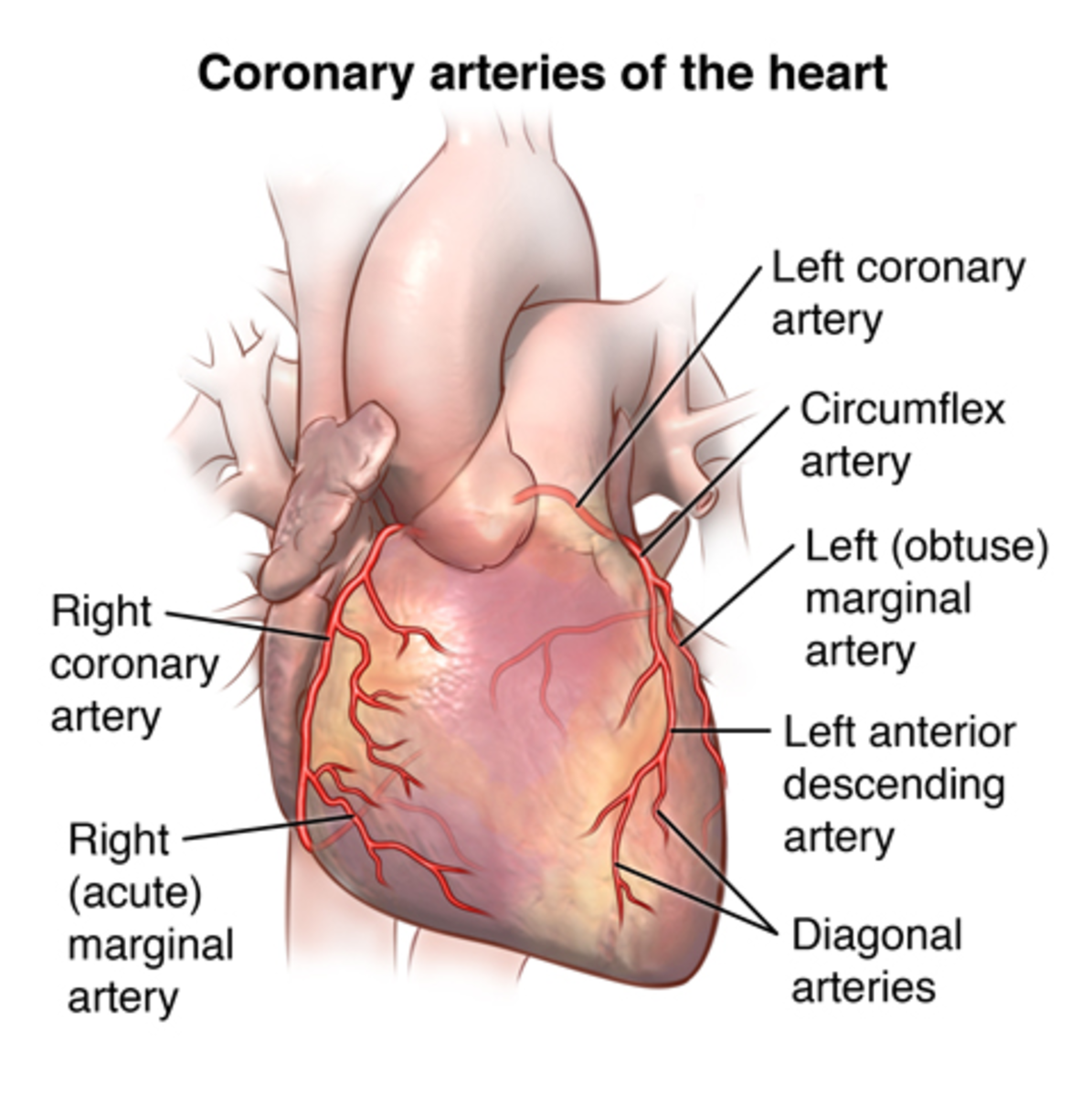Women and Heart Disease
Coronary artery disease is now the commonest cause of death in women in many countries, including Britain and the United States. In the United States, it kills proportionately more women than men. This is mainly because in women the risk of heart attacks rises steeply after the menopause. Before the age of 65 heart attacks are twice as common in men as in women: by 65 the sexes have an equal risk. In the over-80s and beyond, heart attacks are much more common in women.
However, heart attacks do occur in much younger women: a quarter of the deaths from myocardial infarction in women under 65 happen to women under 45. So women of all ages should be aware of their risks, and how to lower them. Their doctors also need to be more aware of them. For there is good evidence that many heart problems in women of all ages are going undiagnosed, and that women are suffering unnecessarily because of it. Three papers published in the British Medical Journal (3 September 1994) make that clear.
Dr Karen Clarke and her colleagues of NottinghamUniversity studied the cases of men and women admitted to their hospital with suspected heart attacks (myocardial infarctions) in 1989 and 1990. The differences between the sexes were remarkable: of those who actually had infarctions, the women took longer to arrive in hospital, were less likely to be admitted to the coronary care unit, and less likely to receive anti-thrombotic treatment such as aspirin and streptokinase. They had more severe infarcts, were more ill, and were slightly more likely to die during their hospital stay than the men. They were less likely to be given aspirin and betablockers as preventive medicine after they went home.
Dr Clarke concluded that 'overall, women with ischemic heart disease seem to be receiving a less than fair deal'. Her feelings were confirmed by Dr Paul Wilkinson of the London School of Hygiene and Tropical Medicine, and his team. They followed women and men admitted to a coronary care unit in London from 1988 to 1992. In the six months after admission to hospital 63 per cent of the women and 76 per cent of the men survived with no further cardiac events. The overall survival rates were 70 per cent for the women and 84 per cent for the men. Although the women were on average older than the men - as they were in Dr Clarke's patients - the difference in survival was not due to the difference in age. When women and men of the same age were compared, the women were more likely to succumb from their infarction.
In the past, the blame for the relatively high number of women dying of heart attacks has been placed on the fact that they are more likely to have high blood pressure and diabetes. But even when Dr Wilkinson's team removed these illnesses from their analysis, proportionately more women died from their attacks than did the men.
The major loss of life among the women occurred in the first 30 days. This was attributed to the fact that they had had less vigorous treatment for their heart attacks than their male counterparts. Dr Wilkinson thus concluded 'effective strategies must be developed to protect women during this early period'.
- What You Should Know about the Healthy Heart
The efficiency of the heart depends on a whole series of properties. It needs blood with the appropriate amounts of oxygen and glucose to fuel the heart muscle. It needs a network of blood vessels,... - What You Should Know about Heart Attacks
Heart attacks, unlike angina, come out of the blue. They can as easily start in bed, or sitting watching television, as when playing squash, or losing your temper. They may strike when relaxing after a period...








